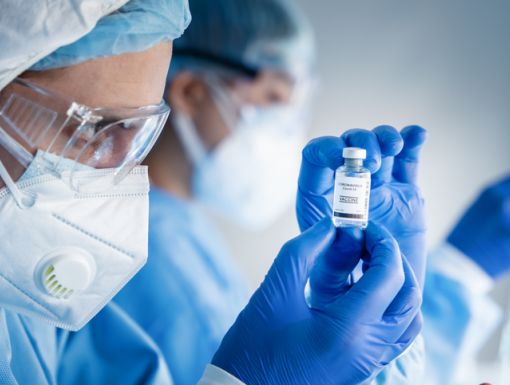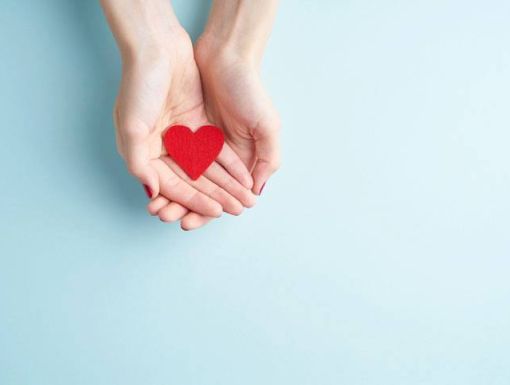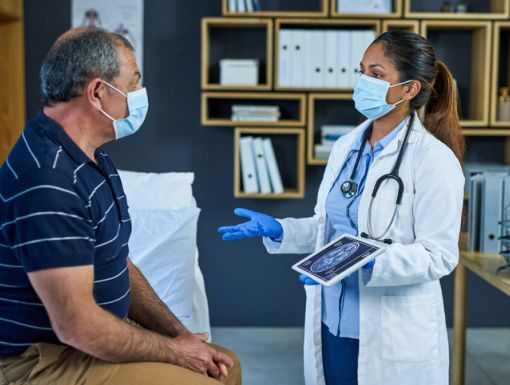
Do Fully Vaccinated People Need to Quarantine After COVID-19 Exposure?
There are many benefits to receiving a COVID-19 vaccine. All three vaccines available in the United States are highly effective in preventing serious disease and decreasing hospitalizations. A recent report shows that the Pfizer vaccine is 97% effective at preventing symptomatic infections and 94% effective at preventing asymptomatic infections, according to real-world data from Israel. As a result, the vaccine “could significantly reduce transmission” of the virus. A recently added benefit to getting one of the COVID-19 vaccines is the Centers for Disease Control and Prevention (CDC) announced that fully vaccinated individuals do not have to quarantine after exposure to COVID-19 if they are not displaying symptoms. Avoiding isolation in your house for 10 days - count us in!
Typically, when someone is exposed to COVID-19, the CDC recommends that you self-isolate and quarantine for 10 days, if you don’t get tested, to prevent the virus from further spreading. According to recent CDC’s guidance, people who are fully vaccinated (i.e., two weeks or more following receipt of the second dose in a two-dose series, or two weeks or more following receipt of one dose of a single-dose vaccine) do not need to quarantine or get tested following exposure to someone with suspected or confirmed COVID-19 if they are displaying no symptoms. This is because the risk of being infected after being fully vaccinated is low. Vaccinated people should be aware of any symptoms that may develop over the next 14-days after exposure. If symptoms do develop, testing for COVID-19 is recommended.
These new guidelines are a step towards returning to pre-COVID-19 activities. However, it is essential to keep in mind that even fully vaccinated people should still follow best safety practices when out in public settings. While the available vaccines have demonstrated high efficacy in preventing severe and symptomatic COVID-19, we are still learning and gathering data on how long the vaccine offers protection. Therefore, all vaccinated people should still take steps to protect themselves and others, such as wearing a mask, staying at least 6 feet apart from others and avoiding crowds when
- In public settings,
- Gathering with other non-vaccinated people
- And gathering with someone that may be at an increased risk of contracted COVID-19.
Widespread vaccination is essential in preventing the spread of COVID-19. Stopping this pandemic requires using all the tools available. Just as we are wearing masks and social distancing, getting the vaccine will help us prevent the virus's spread and reduce our chances of getting it. Even if you have already contracted COVID-19, it is still recommended you receive the vaccine once it becomes available to you.
Learn more about the COVID-19 vaccine: ochsner.org/vaccine.
The information in this blog post is accurate at the time of publication. However, as the situation surrounding COVID-19 continues to change, it's possible that information has changed since being published. While Ochsner Health is trying to keep our blog posts as up to date as possible, we also encourage readers to stay informed on news and recommendations by using the CDC website.



